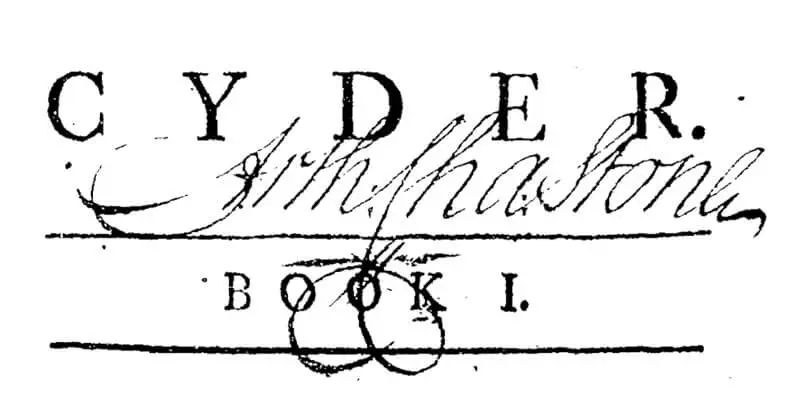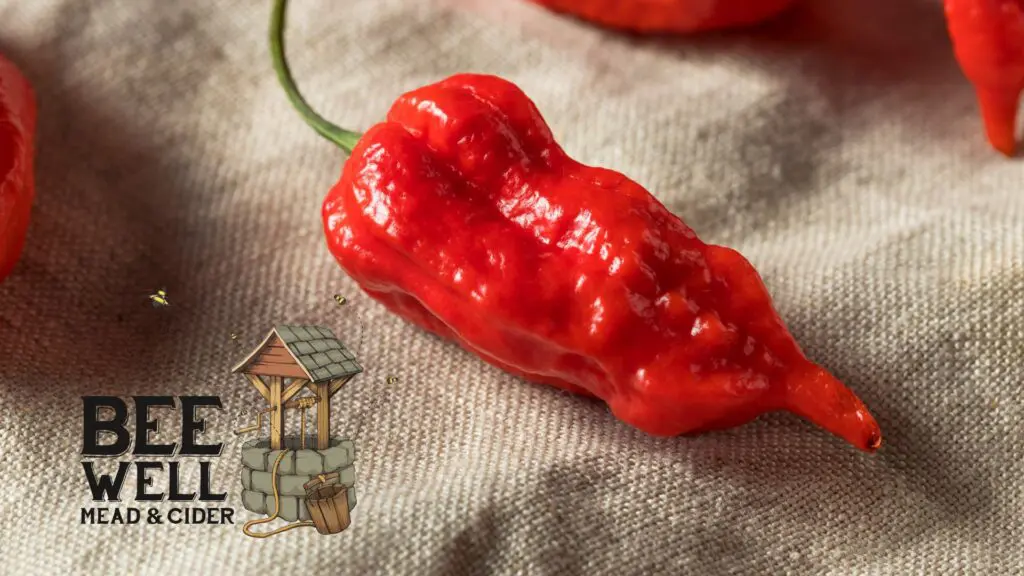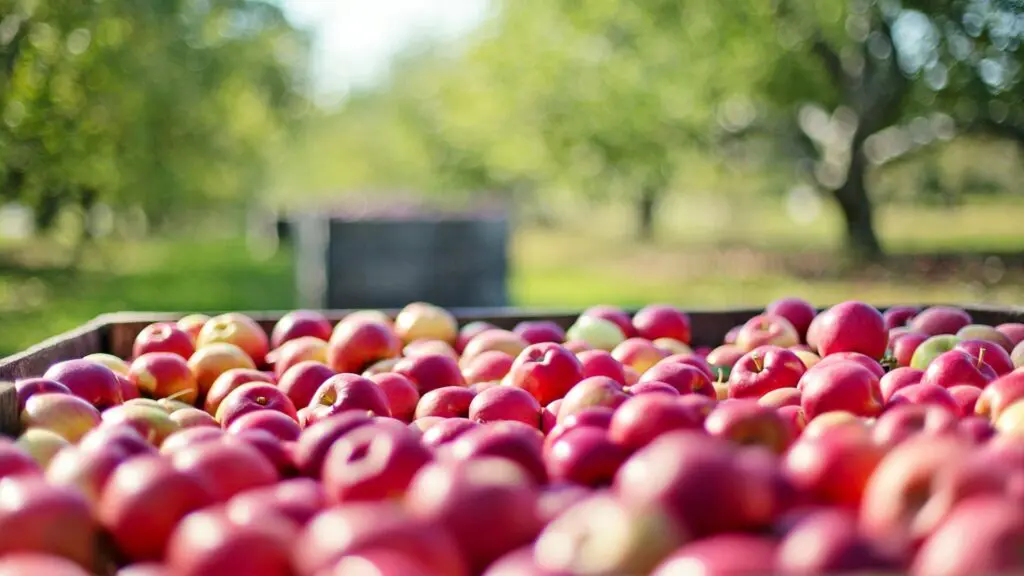Cider and cyder: are both spellings correct? The short answer is yes. Etymology, the development of language, has a unique history in America. English is particularly unique, as unlike France’s Académie Française or Spain’s Real Academia Española, there is no official governing body of usage.
But is there a difference in the actual products cider and cyder? There may not be to you, but what producers make of the difference is worth the conversation.
It is assumed cyder was the proper spelling until cider replaced it. But the reality is that both have been used from colonial times to the modern era, and the particular spelling has been debated for most of American history.
The ubiquitous cider-drinking John Adams left no record of a preference for spelling variants in his letters in the Adams Family Papers via the Massachusetts Historical Society. What we find from his letters is that his spelling changed. In July 1796, his diary entry shows “cyder” and, six months later, he writes “cider.” These primary sources point to our second president interchangeably using cider and cyder.
So is there more of a divide today than there was in the late 1700s?
“I make no judgments on the way people market their products, including spelling,” says Courtney Mailey, founder and owner of Blue Bee Cider in Richmond, Virginia. Still, in the last five years since Blue Bee opened, Mailey has only ever packaged one product labeled cyder.
“We make one cider that is spelled with a ‘y’ because it is based on a recipe written in Williamsburg [Virginia] and published in ‘The Compleat Housewife’ in 1742,” she explains.
The recipe — which comes from the first cookbook published in colonial America — spelled cider with a “y,” so Mailey did too. She fermented the 2015 batch in a brandy barrel including Pippin apples, raisins and cane sugar, all ingredients contained within the recipe’s original publication. She hopes to make the cyder again.
One producer who uses cyder regularly is Rob Fisk, founder and maker of Wyndfall Cyder in Jordan, Minnesota. “I view ‘cyder’ as a more traditional spelling in England, and as a result, being the more traditional style,” Fisk says of his product. His goal with his ciders is “to create an elevated traditional cyder using more and more bittersweet apples as they become available.”
The English style and spelling, “cyder,” was trending in American newspapers in pre-Prohibition days particularly with articles like “Cider in Etymology and Hygiene.” Originally from the Pall Mall Gazette of London, the article was reprinted in several newspapers in 1895 such as The New York Times.
The article mentions several misconceptions about cider, such as “that it is impossible to get drunk on it” which is followed up with “[it] is not an easy job, we admit, but it is one not infrequently accomplished by Norman peasants.” The article goes on to make its case that “the correct English form for all makers and drinkers of the beverage and for all literary men, as cyder.” Ironically, the title contradicts the text. Yet the article with its spelling, well over a century old, was somehow prescient in regards to where we are now.
Today there may be no discernible difference between the palate of a can of cider and a bottle of cyder, but it’s worth asking your favorite maker why he or she uses the spelling they do. The answer may surprise you.












 Looking for the perfect w
Looking for the perfect w
 BREAKING NEWS
BREAKING NEWS 






